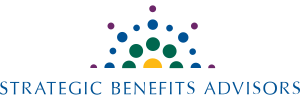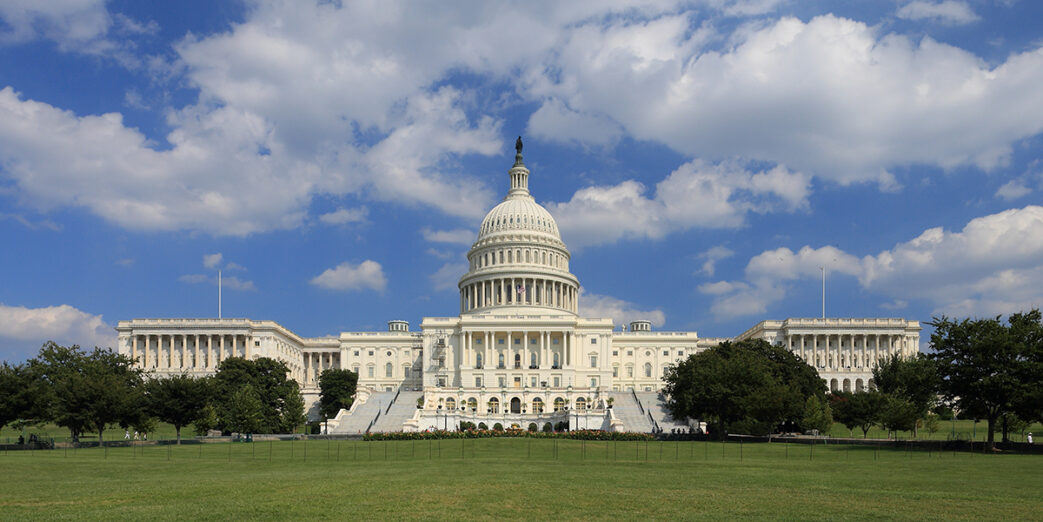Strategic Benefits Advisors (SBA) issued a statement today informing employers that bipartisan legislation currently pending could significantly revise the rules for employer-sponsored retirement plans.
The House Ways and Means Committee advanced the Setting Every Community Up for Retirement Enhancement (SECURE) Act of 2019 on April 2, the same day the Senate reintroduced its latest version of the Retirement Enhancement Savings Act (RESA) of 2019. The bills provide some administrative relief to employers and incentivize them to offer more savings plan opportunities and retirement income security to workers. A reconciled version of the two bills is expected to become law.
According to SBA Principal Mindy Zatto, the proposed legislation stands to benefit both employers and employees.
The SECURE bill includes provisions for employer-sponsored retirement plans which would:
- Relieve nondiscrimination testing requirements for closed defined benefit (DB) plans
- Delay the required minimum distribution starting age from 70½ to 72
- Provide more time to retroactively adopt certain retirement plans
- Simplify rules and notice requirements related to qualified nonelective contributions in safe harbor 401(k) plans
- Increase the cap on auto-escalation of contributions for safe harbor 401(k) plans from 10% to 15% of pay
- Allow employers of all sizes to join together and create “open” multiple-employer plans (MEPs) to make defined contribution (DC) plans more affordable
- Encourage lifetime income options in DC plans through new participant disclosures, new provider selection rules and new ways to increase the portability of lifetime income investments
- Offer consolidated Form 5500 for certain DC plans to reduce administrative costs
- Allow long-term, part-time workers to participate in employer 401(k) plans
- Increase penalties for failure to file retirement plan returns (such as Forms 5500), required notifications of changes and required withholding notices
- Prohibit DC plans from extending loans to participants via credit cards
- Reduce payout period for nonspouse beneficiaries of DC plans (and IRAs) to 10 years after the participant’s (owner’s) death
- Convert custodial accounts from terminated 403(b) plans into IRAs
- Increase or create tax credits for small employers that start new retirement plans or automatically enroll workers into new 401(k) savings plans
- Reduce premiums for cooperative and small-employer charity (CSEC) plans
- Provide funding relief for community newspaper pension plans and clarify church plan requirements
Other provisions of the SECURE Act specifically for individuals are designed to:
- Eliminate the current age 70½ limit for contributing to an IRA
- Allow graduate students to count stipends and non-tuition fellowship payments as compensation for IRA contribution purposes
- Permit penalty-free withdrawals of up to $5,000 from qualified retirement savings plans to help pay for childbirth or adoption expenses (with repayment permitted)
- Expand allowable expenses for 529 college savings plans to include apprenticeships, homeschooling, private school costs or up to $10,000 of qualified student loan repayments
- Increase penalties for individuals who fail to file tax returns.
“Employers that offer retirement programs should take the opportunity now to evaluate options for their current and future plans under the SECURE Act,” said Zatto. “The proposed bill includes features that can be substantially beneficial for both plan sponsors and participants who want to increase retirement income security.”

